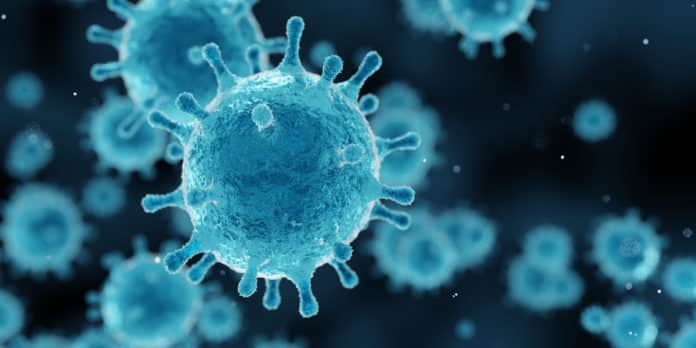AI To Predict Antibiotic Resistance Of Bacteria – Duke University
Biomedical engineers at Duke University have shown that a machine learning model can distinguish different strains of the same bacterial pathogen and accurately predict other traits such as resistance to antibiotics by analyzing their growth dynamics alone. This could lead to simpler, faster, cheaper, and more accurate techniques for predicting behaviors and identifying diseases.
The results published on the Proceedings of the National Academy of Sciences on August 3. Previously, we had to culture bacteria and analyze their behaviors and physical traits to identify the bacteria; else, a genetic test was required. But a genetic test can take a long time and is not universally available. Moreover, it can be difficult to tie specific genetic variations to different behaviors in the real world, even with the entire genome sequence.
For example, the genetic mutations that render bacteria protection from the most commonly used antibiotic, beta-lactam antibiotic is known, but DNA is not the only factor that determines the protection. Many times, large populations of bacteria can often survive a dose of antibiotics, while a single resistant bacteria cannot.
AI To Predict Antibiotic Resistance In Bacteria
Carolyn Zhang, a graduate student at Duke and her professor Lingchong You wondered if they can bring a new twist to older methods to make them work better. According to the researchers, the metabolism of bacteria could be affected subtly by slight variance in the genes between strains of bacteria, and this effect could be amplified enough to take advantage of them during the exponential growth of bacteria. And they got surprised when it really worked.
The richness of culture media determines how fast a bacterial culture can grow in the laboratory. But the culture consumes nutrients and produce byproducts as the population grows. Even if the exact same environmental conditions are initially used, subtle differences accumulate over time in terms of their growth and influence in environments.
You and Zhang studied more than 200 strains of bacterial pathogens, most of which are E.coli variants and carefully measured their population density as it increased by putting them into identical growth environments. The cultures grew in fits and starts, each possessing a unique temporal fluctuation pattern, because of their slight genetic differences. The growth dynamics data was then fed into a machine learning program by the researchers to teach itself to identify and match the growth profiles to the different strains. It worked well for their surprise.
The model was able to identify a particular strain with 92% accuracy using growth data from only one initial condition. The accuracy was raised to 98% when they used four different initial conditions instead of one. In light of this, researchers tried to use growth dynamic profiles to predict antibiotic resistance.
So they again loaded a machine learning program with the growth dynamic profiles of various strain along with the data of their tolerance to four different antibiotics. The resulting model was tested to see it could predict the antibiotic resistance of the final strain from its growth profile. They found that a strain’s resistance to antibiotics can be successfully predicted using just the growth dynamic profile 60-75% times.
The researchers checked if the strains with similar growth curves had similar genetic profiles, and they found no correlation between the two, showing how difficult it can be to map cellular behaviors and traits to specific regions of DNA.
The researchers further plan to optimize the growth curve procedure so that a strain can be identified in 12 hours, instead of 2 to 3 days. They are also studying if mapping bacterial growth using cameras can help the process even more accurate. The researchers’ AI method to predict antibiotic resistance could lead to more advancements in microbiology.



